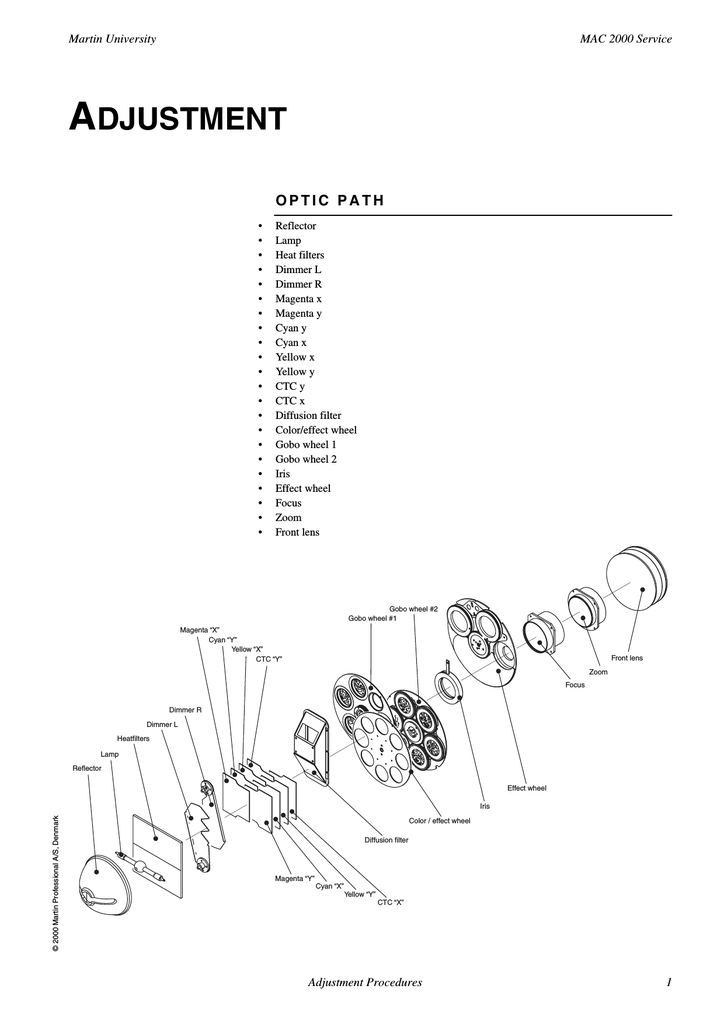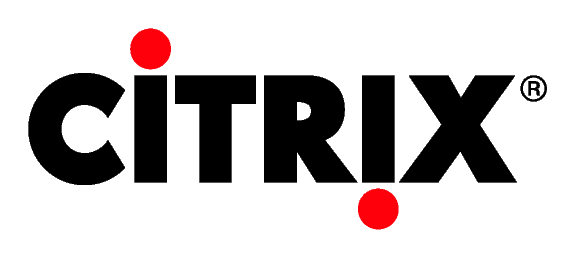Proxy access to GP online services by care home staff: Guidance for care homes and GP practices Background. Patients have been able to use online services for booking appointments, ordering medication, and viewing information held in their GP patient record since 2005. This has helped to: enhance the quality of care. UiA Career Services. Many of you experience uncertainty with regard to the job market due to the corona crisis. UiA Career Services can give you tips on how to prepare for the transition from being a student to becoming a job applicant. Guidance on Services During Restricted Access to Schools and Community Services. NTACT is aware that state and local education and service providers are challenged by the current health concerns, closings,restrictions, and fluid reoping plans associated with COVID19.
Date: Dec. 22, 2020
To: Service providers, lead agency staff and people with disabilities who use publicly funded services and supports
From: DHS Disability Services Division
Effective date: Immediately
Purpose: To share updated information on protecting people’s rights during the COVID-19 pandemic.
Contact information: Lead agencies and providers with questions should email dsd.responsecenter@state.mn.us; people who access services (and their families) should contact Disability Hub MN
Updated guidance to uphold the rights of people who access services during the COVID-19 pandemic
Minnesota is in the midst of the winter holiday season when, normally, many families and friends would be traveling and getting together. Now is a good time to revisit DHS guidance about protecting the rights of people with disabilities during the coronavirus pandemic. We updated the following guidance and included additional resources:
Additional resources
Review the following for additional person-centered resources to support people and protect their rights:
How can I stay updated on COVID-19 related issues?
In addition to the FAQ page, you might find the following resources helpful:
Previous eList announcements
DSD LEAD AGENCY ARCHIVE | DSD STAKEHOLDER ARCHIVE
Access To University Mac Guidance Services Inc
Quality statement 5: Access to services
Quality statement 5: Access to services
Quality statement
People can access mental health services, including crisis support, when they need them. [2011, updated 2019]
Rationale
People should be able to access mental health services when they need them. Delays in care and support can have a negative impact on their health and wellbeing. Timely access to mental health services is essential for effective treatment of mental health conditions and can help avert a crisis. For people in crisis, access to support should be available 24 hours a day, 7 days a week. Crisis support includes a comprehensive assessment and crisis plan to identify the right care and treatment.
Quality measures
Structure
a) Evidence of local arrangements to ensure agreed referral methods are in place between primary, community and secondary care services.
Data source: Local data collection.
b) Evidence of local arrangements to ensure people have access to a local 24-hour helpline staffed by mental health and social care professionals.
Data source: Local data collection.
c) Evidence of local arrangements to ensure crisis resolution and home treatment teams are accessible 24 hours a day, 7 days a week, regardless of diagnosis.
Data source: Local data collection.
d) Evidence of local arrangements to ensure that people accessing crisis support have a comprehensive assessment, including a crisis plan.
Data source: Local data collection.
Process
a) Proportion of people with a non-acute referral to mental health services who had a face-to-face appointment that took place within 3 weeks of referral (or within 2 weeks of any change of date).
Numerator – the number of people in the denominator who had a face-to-face appointment that took place within 3 weeks of referral (or within 2 weeks of any change of date).
Denominator – the number of people with a non-acute referral to mental health services.
Data source: Local data collection.
Access To University Mac Guidance Services New York
b) Proportion of people being assessed by mental health services who were seen within 20 minutes of the agreed appointment time.
Numerator – the number of people in the denominator who were seen within 20 minutes of the agreed appointment time.
Denominator – the number of people with an agreed appointment time for a mental health assessment.
Access To University Mac Guidance Services Llc
Data source: Local data collection.
c) Proportion of people in crisis referred to specialist mental health services who were seen within 4 hours.
Numerator – the number of people in the denominator who were seen within 4 hours.
Denominator – the number of people in crisis referred to specialist mental health services.
Data source: Local data collection.
d) Proportion of people admitted to a 'place of safety' who were assessed under the Mental Health Act within 4 hours.
Numerator – the number of people in the denominator who were assessed under the Mental Health Act within 4 hours.
Denominator – the number of people admitted to a 'place of safety'.
Data source: Local data collection.
Access To University Mac Guidance Services Jobs
e) Proportion of people accessing crisis support who have a comprehensive assessment.
Numerator – the number of people in the denominator who have a comprehensive assessment.
Denominator – the number of people accessing crisis support.
Data source: Local data collection.
Outcome
a) Evidence from experience surveys and feedback that people can access a local helpline 24 hours a day.
Data source: Local data collection. Questions on knowing who to contact out of hours in the event of a crisis are contained within the Care Quality Commission (CQC) Community mental health survey.
b) Evidence from experience surveys and feedback that people accessing crisis support were asked about their relationships, their social and living circumstances and level of functioning, as well as their symptoms, behaviour, diagnosis and current treatment.
Data source: Local data collection.

What the quality statement means for different audiences
Service providers (such as mental health trusts and community services) ensure that systems are in place to provide access to mental health services when people need them.
Health and social care professionals (such as psychiatrists, mental health nurses and social workers) ensure that people can access mental health services when they need them.


Commissioners (such as clinical commissioning groups and NHS England) ensure that they commission services that provide access to mental health services when people need them.
People can get support from mental health services when they need them. This might involve calling a telephone helpline, seeing their doctor or nurse, or having an urgent referral if they are having a crisis.
Source guidance
Service user experience in adult mental health services. NICE guideline CG136 (2011), recommendations 1.2.1, 1.2.3, 1.3.6, 1.5.3, 1.5.5, 1.5.6, 1.5.7 and 1.8.8
Definitions
Comprehensive assessment
This includes details of the person's:

relationships with others
social and living circumstances
level of functioning
symptoms
behaviour
diagnosis
current treatment.
[NICE's guideline on service user experience in adult mental health, recommendation 1.5.3]
